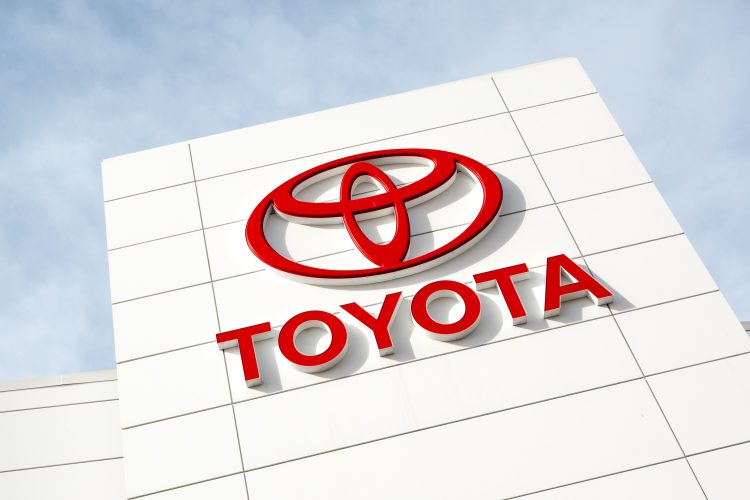Toyota, the world’s largest automaker, has announced plans to develop a new electric vehicle (EV) with a range of 900 miles with a 10 minute charging time by 2028.
The new EV will use solid-state batteries, which are still in their early stages of development but have the potential to offer a number of advantages over traditional lithium-ion batteries. Solid-state batteries are more energy-dense, meaning they can store more energy in a smaller and lighter package. They are also more durable and less likely to catch fire.
Toyota’s mission would make EVs more practical for long-distance travel and would reduce the need for charging stops. It could also help to reduce range anxiety, which is one of the main concerns that consumers have about EVs.
“Often there are breakthroughs at the prototype stage but then scaling it up is difficult,” says David Bailey, professor of business economics at the University of Birmingham to the Guardian. “If it is a genuine breakthrough it could be a game-changer, very much the holy grail of battery vehicles.”
The company has invested heavily in solid-state battery research and development, and it is working with a number of partners to commercialize the technology.












